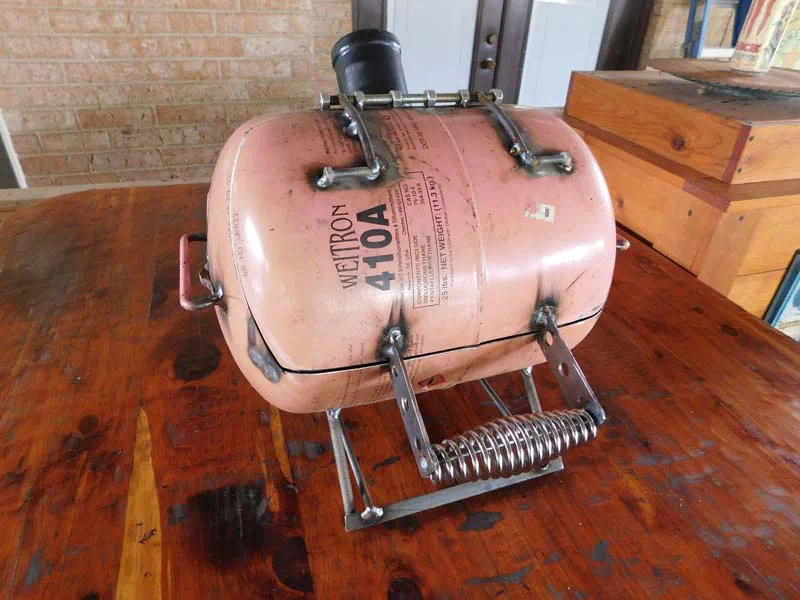Application cases of glass lined reactor in chemical industry
Glass lined reactors (GLRs) are widely utilized in the chemical industry due to their excellent corrosion resistance, thermal stability, and versatility. This article explores various application cases where GLRs play a crucial role in enabling efficient and safe chemical processes.
Overview of Glass Lined Reactors
Glass lined reactors are vessels with a glass coating applied to the inside surface to protect against corrosive materials and provide a smooth surface for easier cleaning. This unique construction makes them suitable for handling a wide range of chemical reactions and processes.
Application Cases

1. Pharmaceutical Industry
In pharmaceutical manufacturing, GLRs are used for synthesizing active pharmaceutical ingredients (APIs) and pharmaceutical intermediates. The inert glass lining ensures that the purity of the final product is maintained by preventing contamination from metal ions or other reactive substances. The reactors are also used for crystallization, blending, and drying processes, where their smooth surfaces facilitate easy cleaning and minimize the risk of cross-contamination.
2. Fine Chemicals Production
GLRs find extensive application in the production glass lined reactor india of fine chemicals such as specialty chemicals, dyes, and pigments. These reactors are used for reactions that require precise control over temperature and pH conditions. The corrosion-resistant glass lining ensures that the integrity of the product is maintained throughout the manufacturing process, resulting in high-quality end products.
3. Petrochemical Industry
In the petrochemical industry, GLRs are utilized for various processes including polymerization, alkylation, and esterification. These reactors can withstand harsh operating conditions and aggressive chemicals commonly encountered in petrochemical processes. Their thermal shock resistance and non-stick properties make them ideal for handling viscous materials and high-temperature reactions.
4. Agrochemicals and Pesticides
GLRs play a critical role in the production of agrochemicals and pesticides where chemical reactions involve corrosive acids, bases, and solvents. The glass lining prevents the reactor from corrosion and contamination, ensuring the purity and efficacy of the final products. Additionally, GLRs are used for formulation and blending processes where the inert surface minimizes the risk of chemical reactions with the reactor material.
5. Food and Beverage Industry
In the food and beverage industry, GLRs are employed for processes such as fermentation, enzyme hydrolysis, and flavor synthesis. The smooth and non-reactive glass surface prevents contamination and allows for easy cleaning, meeting the stringent hygiene standards required for food-grade production. GLRs also facilitate precise control over temperature and agitation, crucial for optimizing yield de dietrich glass lined reactors and quality in food processing applications.
6. Specialty Chemicals and Polymers
GLRs are indispensable in the production of specialty chemicals and polymers where the reactions involve aggressive acids, alkalis, and solvents. The corrosion-resistant properties of the glass lining ensure the longevity of the reactor and maintain the purity of the product. These reactors are used for polymerization, resin synthesis, and polymer modification processes, where precise temperature control and agitation are essential for achieving desired molecular structures and properties.
Conclusion

Glass lined reactors are essential equipment in the chemical industry, enabling safe, efficient, and high-quality manufacturing processes across various sectors. Their corrosion resistance, thermal stability, and inert surface make them versatile for handling a wide range of chemical reactions and applications. As industries continue to innovate and develop new materials and processes, the demand for glass lined reactors is expected to grow, driven by their unique capabilities in ensuring product integrity and process efficiency.
In conclusion, the diverse application cases discussed highlight the indispensable role of glass lined reactors in modern chemical manufacturing, underscoring their importance in achieving sustainable and high-performance processes.
https://flycatcoo.com/

